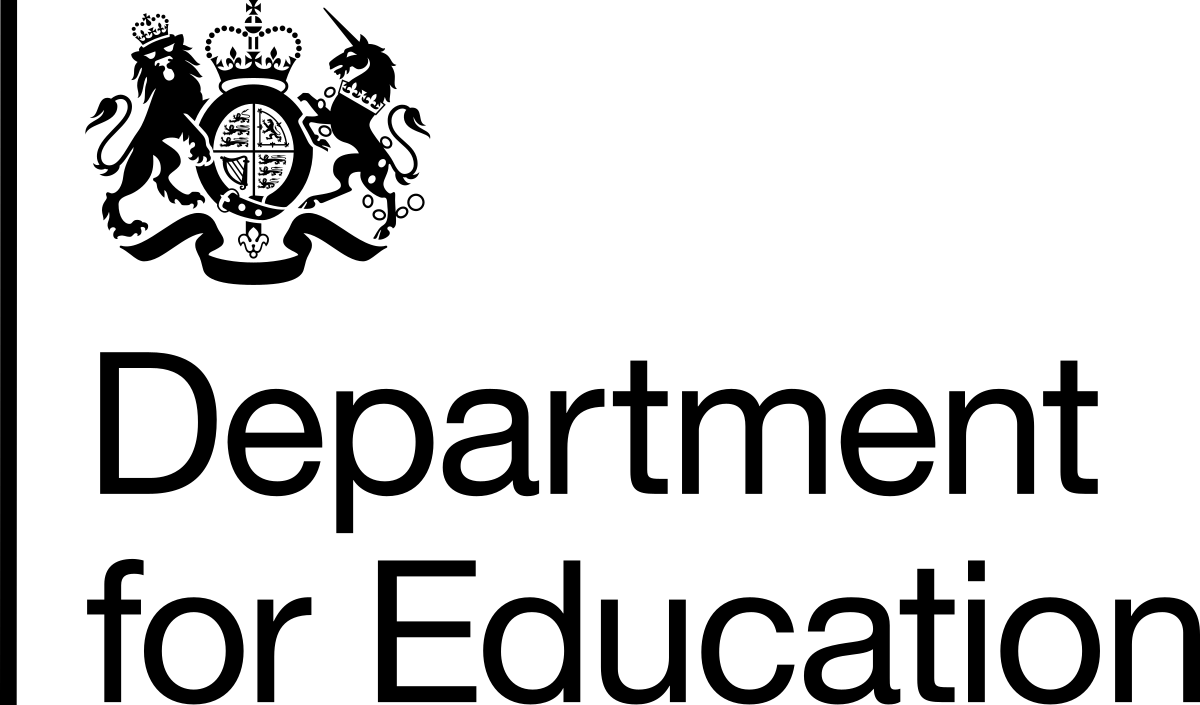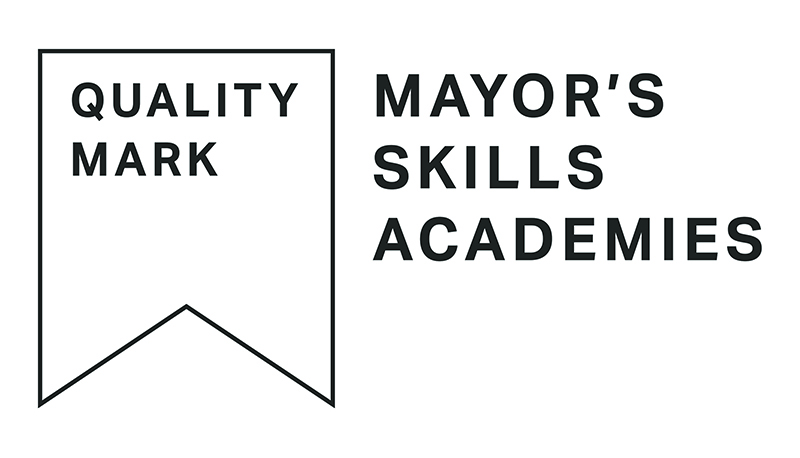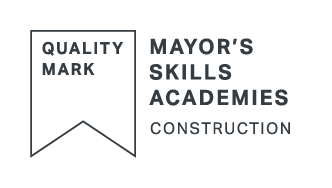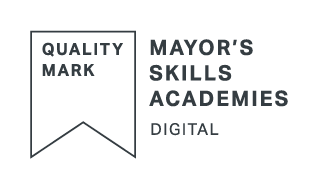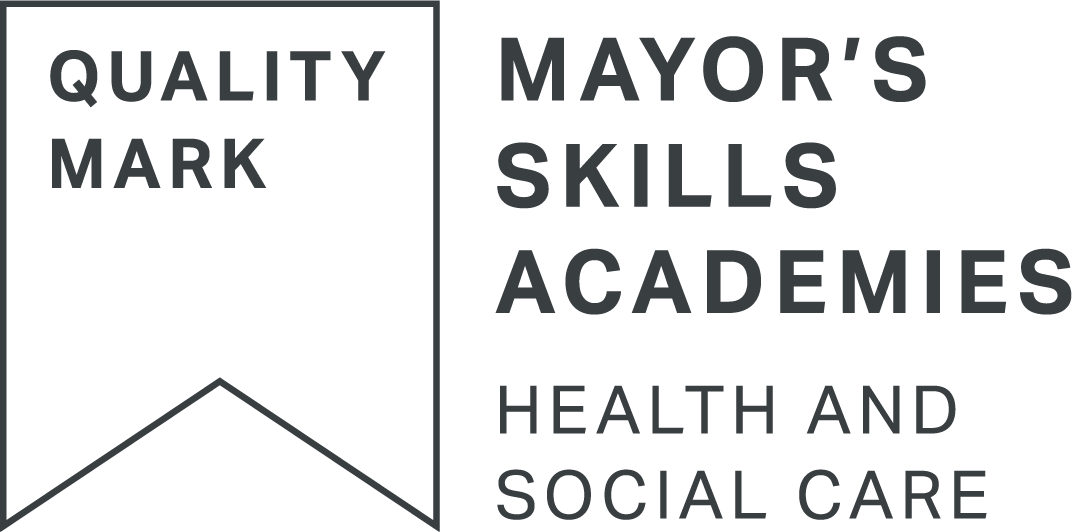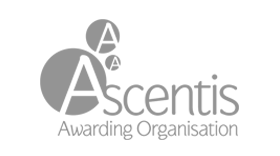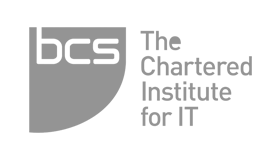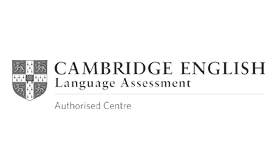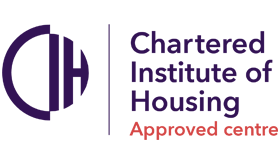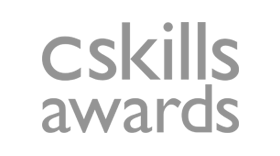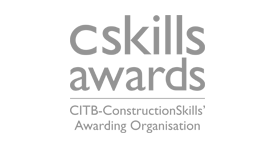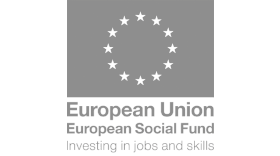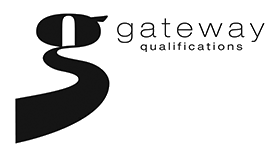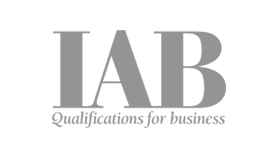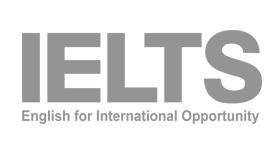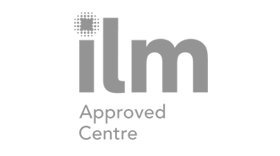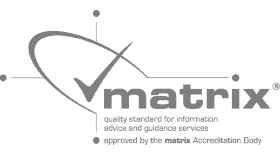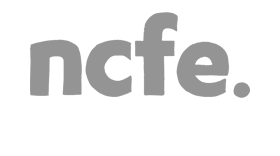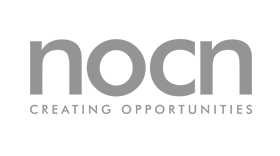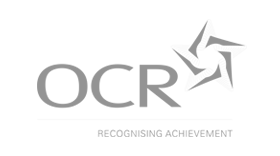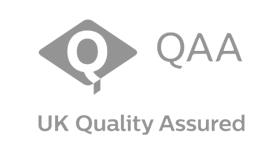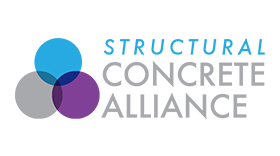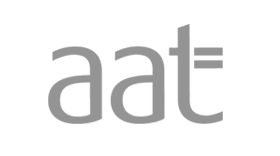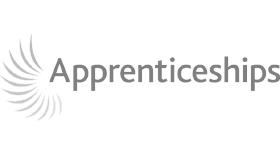If you are studying at Havering Sixth Form:
This Computer Science A Level course will develop your understanding of how computers work and how they are programmed. The focus will be on computational thinking, algorithms and computer programming skills. It is taught over two years with exams at the end of the course. An avid interest in programming, logical thinking, problem-solving and a preference for exams (the course is 80% written exam and 20% coursework) would be a real advantage. Computer Science is a practical subject where students can apply the academic principles learned in the classroom to real-world systems.
Our world is dominated by computers; they are present in almost every aspect of what we do. The aim of this course is to develop your computer programming skills through completing practical tasks and activities in the first year, building up in the second year to a project based on developing a solution to a real life problem, for a client of your choosing. An avid interest in programming and problem solving is crucial.
You can expect to:
- Develop and understand computing terms and concepts
- Develop the expertise to analyse, design, program, test and document computer programs using Python
- Carry out the development of a computer application for a real client
- Study the organisation, structure of data and its transmission
- Learn about data security and the social and legal implications of computing systems
- Develop the capacity to think creatively, innovatively, analytically, logically and critically
A Level Computer Science is taken with another 2 or 3 A Levels or Level 3 BTEC equivalents. It works well with most other subjects but combines particularly well with other Maths or Science courses.
If you are studying at Attlee Academy:
This A Level has a strong emphasis on problem-solving and mathematical reasoning. It is recommended that students have at least a grade B in GCSE Maths. Students will learn how to program using Visual Basic.Net and explore problem-solving using a variety of software. They will study theoretical aspects of computing which include data representation, the system life cycle, machine level architecture, hardware and software and the structure of the internet. In the second year, you go into the subject in more detail and produce a substantial project to solve a real-life problem using your programming skills.
Assessments: - AS: 100% of the assessment is exam based; two exams, one on-screen practical programming based and one written exam.
- A level: 80% of the assessment is exam base. The Non-exam assessment forms 20% of your A level.
What will I study?
- Fundamentals of programming (AS & A level)
- Fundamentals of data structures (AS & A level)
- Theory of computation (AS & A level)
- Fundamentals of data representation (AS & A level)
- Fundamentals of computer systems (AS & A level)
- Fundamentals of computer organisation and architecture (AS & A level)
- Consequences of uses of computing (AS & A level)
- Fundamentals of communication and networking (AS & A level)
- Systematic approach to problem solving (AS & A level)
- Fundamentals of databases (A level)
- Big Data (A level)
- Fundamentals of functional programming (A level)
- Non-exam assessment - the computing practical project (A level)
